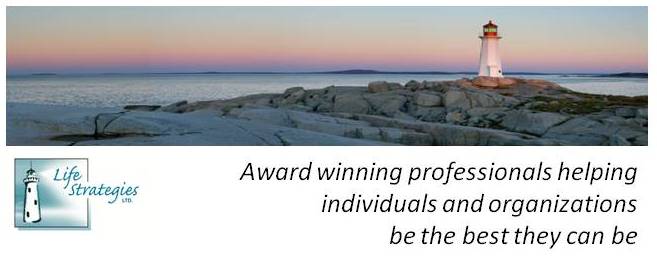 For many, the New Year is a time to set resolutions. However,
keep in mind that although it’s great to say you want to eat better, spend more
time with family, or get that promotion, these statements are merely dreams
until concrete goals are set.
For many, the New Year is a time to set resolutions. However,
keep in mind that although it’s great to say you want to eat better, spend more
time with family, or get that promotion, these statements are merely dreams
until concrete goals are set.
As you reflect on the resolutions you’ve made, or are considering
making, you may find the SMART goal formula a helpful framework. Ensuring your
resolutions are Specific, Measureable, Achievable, Relevant, and Time-limited
is a great way to secure your success.
To set a SMART goal, ask yourself:
1. What do I specifically want to achieve? Goals need to be specific – something like, “I want to eat better” is too broad and vague. Think about what “eating better” means to you, personally – is it simply cutting out the fast food, trying a vegetarian diet, or going gluten free?
2. How will I know when I’ve reached my goal? You won’t know you’ve reached a goal unless you’ve got some way to measure it, tracking your progress along the way.
3. Is this something that I can truly do? Goals should be achievable. If there is a freeze on promotions within your organization, then setting a goal to get a promotion may not be something you can achieve, unless you’re considering moving to a different organization.
4. Is this goal relevant to my work/life? If you’re seeking to achieve something that isn’t relevant to you personally, then you’re not likely to achieve it; it won’t hold your interest or be a priority if the relevance isn’t there.
5. When will I complete my goal? A timeframe for goal attainment is absolutely necessary to ensure you’re able to set out a plan to achieve your goal.
1. What do I specifically want to achieve? Goals need to be specific – something like, “I want to eat better” is too broad and vague. Think about what “eating better” means to you, personally – is it simply cutting out the fast food, trying a vegetarian diet, or going gluten free?
2. How will I know when I’ve reached my goal? You won’t know you’ve reached a goal unless you’ve got some way to measure it, tracking your progress along the way.
3. Is this something that I can truly do? Goals should be achievable. If there is a freeze on promotions within your organization, then setting a goal to get a promotion may not be something you can achieve, unless you’re considering moving to a different organization.
4. Is this goal relevant to my work/life? If you’re seeking to achieve something that isn’t relevant to you personally, then you’re not likely to achieve it; it won’t hold your interest or be a priority if the relevance isn’t there.
5. When will I complete my goal? A timeframe for goal attainment is absolutely necessary to ensure you’re able to set out a plan to achieve your goal.
After you’ve ensured your goal is SMART, break it down into
smaller, more manageable pieces, and structure an action plan connecting each
phase (or step). Not only does this make your goal seem less daunting, but it
also allows you to celebrate small successes along the way.
Remember, setbacks are natural, so don’t punish yourself.
Get yourself back on track by staying flexible, revisiting and adjusting your
goal, and, if necessary, reaching out for support.



